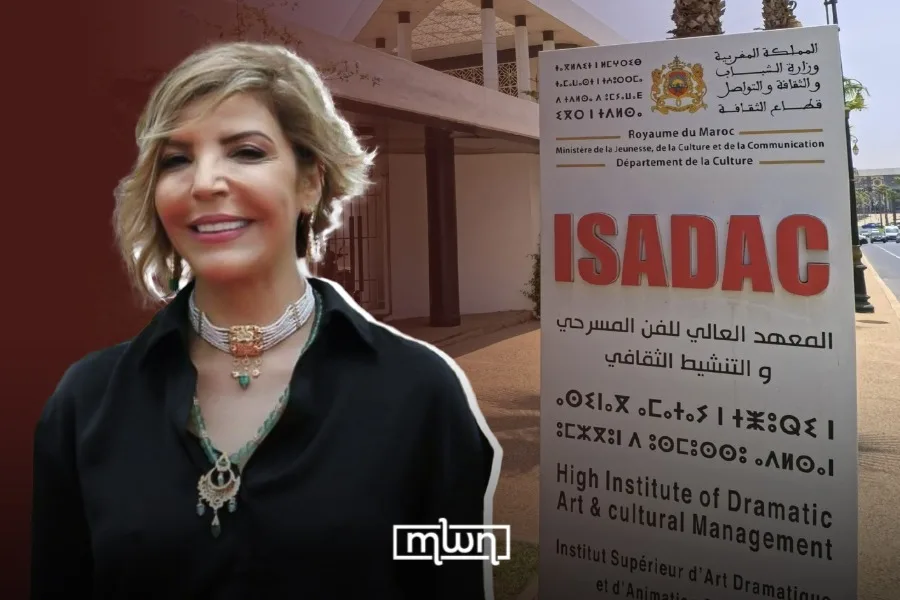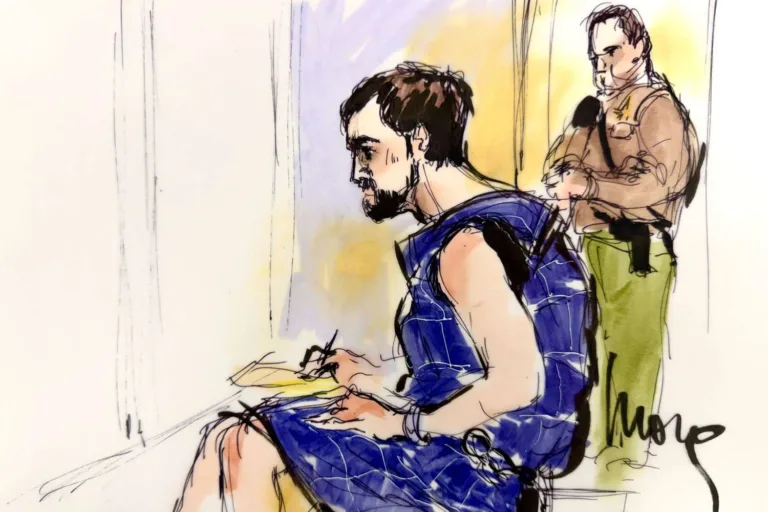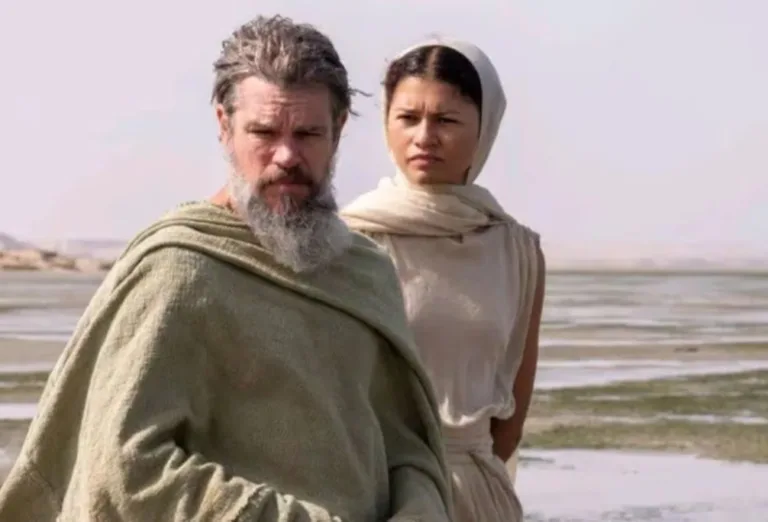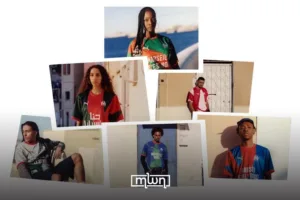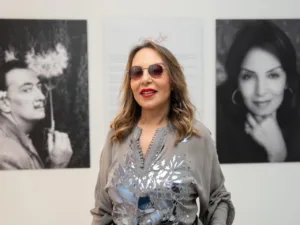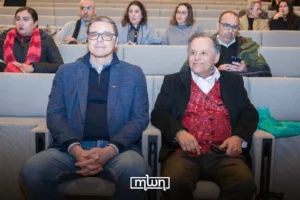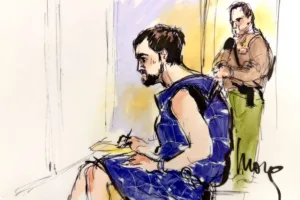Fez — A hiring result at Morocco’s Higher Institute of Dramatic Arts and Cultural Animation (ISADAC) has sparked a storm online after actress-director Latifa Ahrar, who currently leads the institute, was named the successful candidate for a first-grade university professor post in cinema and audiovisual studies.
A notice dated October 23 circulated widely this week listing Ahrar as the winner. The overlap between her role as ISADAC director and her candidacy for a permanent academic position at the same institution quickly triggered questions about fairness and potential conflicts of interest.
Critics on social media argued that applying for a post in an institute one manages risks undermining the principle of equal opportunity, even if the legal framework allows internal candidates to compete. Some also pointed to timing, noting Ahrar’s recent academic progression and asking for greater transparency about how the selection jury was composed and how candidates were scored.
Supporters countered that Ahrar’s professional track record and academic credentials make her a legitimate contender. They denounced the backlash as an attempt to discredit a prominent figure who has invested in reforming and promoting the institute’s work, and said the debate should not pre-judge the outcome without evidence of wrongdoing.
The controversy has widened into a broader conversation about recruitment in public cultural institutions. Artists and academics called for clear disclosures in future competitions, including publication of jury membership, recusal procedures for leadership, and anonymized scoring tables to reassure applicants and the public.
As of publication, requests for comment sent to ISADAC’s administration and to Ahrar’s representatives had not been returned. The Ministry of Youth, Culture, and Communication has not publicly commented on the case.
ISADAC, based in Rabat, trains actors, directors, and cultural animators and is considered a key pipeline for Morocco’s theater and screen sectors. Ahrar, a well-known stage and screen figure, was appointed to head the institute in 2024.
For now, the case has become a test of public trust: supporters say the result reflects merit; detractors say the optics alone warrant an independent review. Both sides agree on one point — clearer safeguards and fuller disclosure would help prevent similar disputes in the future.

